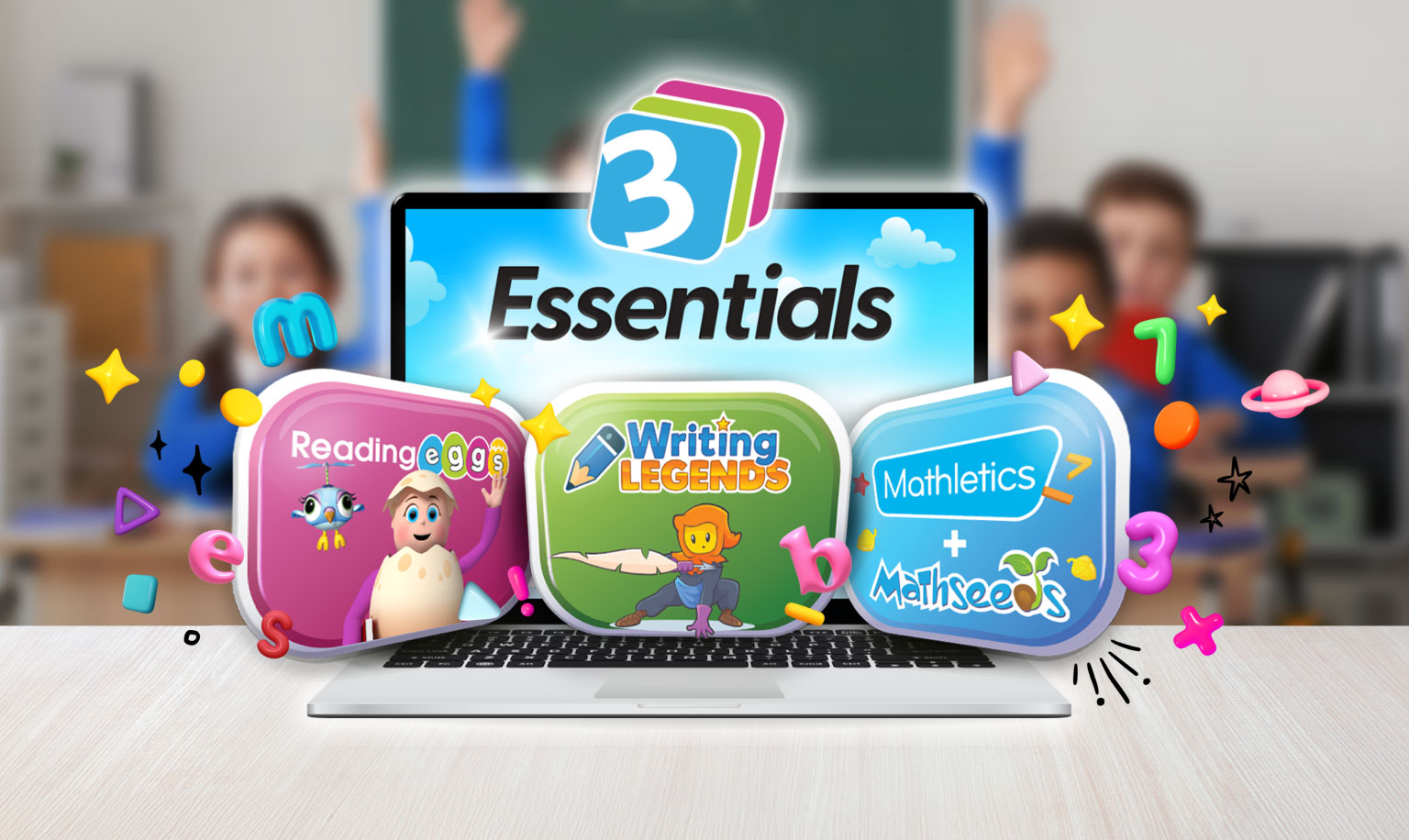
If you’ve never attempted a student-led conference, you might question the wisdom of letting learners take the reins during what’s otherwise a standard parent-teacher discussion.
How could students effectively lead comprehensive and impactful conferences?
Wouldn’t they only tell their parents about the good stuff?
Surely these sessions would end with the teacher taking over, right?
But with the right preparation, student-led conferences are actually a resounding success. Not only do they give emerging learners agency over their learning journey, they provide both teachers and parents with some really great insight into their education.
Let’s dig a little deeper.
The Benefits Of A Student-Led Conference
We’ve seen the positive (and sometimes surprising) results of giving kids more accountability and responsibility. Student-led conferences are a great framework to introduce a new level of authority over learning experiences.
These sessions take the format of stereotypical parent-teacher conferences but put the students in charge. Your learners lead the session, giving both parent and teacher insight into their work, their areas of struggle and their proudest moments.
The overarching goal of any student-led activity is to get students actively participating in their education. Ultimately, this helps create life-long learners with strong senses of self and community.
But the benefits in the short-term are plentiful as well. Here are just a few positive outcomes of student-led conferences.
Teaches Self-advocacy
Self-advocacy is a proven determinant of academic success. Student-led conferences let learners build these skills in a supportive environment.
By preparing for the conference with the assistance of their teacher (more on this below), kids learn how to effectively advocate for themselves and can keep growing these skills in each session.
Encourages Individual Accountability
Students know that in their sessions they’ll need to explain why certain things happened (or didn’t), This in itself creates a level of accountability, your learners understand that it will ultimately be up to them to account for each piece of progress and each setback.
Beyond the initial sense of accountability for the conference, the goals set in these sessions become more meaningful when they are set in front of two of the student’s most influential adult figures. When kids know their parents and their teacher will be holding them accountable, the stakes become higher.
Increases Student Engagement
School shouldn’t be a negative experience. Yet it can feel like one for many struggling learners. When this happens, those kids become passive, they feel defeated and often become disengaged in the classroom.
Inviting students to actively talk through their experiences with learning can have a big impact. In these sessions they will share strategies for improvement, plans for work inside and outside of the classroom and even highlight their strengths and progress. These conversations are an opportunity to increase engagement but more importantly, they set the stage for additional growth and excitement!
Questions For Students To Ask
- I’m having a difficult time with (X,Y,Z). Can we brainstorm some ways to move forward?
- Are there any materials I can use to better organise myself?
- What growth have you seen in my learning so far this year?
- What do you enjoy most about my writing?
- Are there any areas where you think I should put more effort in?
The Key To Success: Preparing The Right Questions
Student-led conferences have a lot of positive outcomes but like anything, you only reap the benefits when you execute the sessions successfully.
There are a few key tips to consider when preparing for and running these sessions but far and away your most valuable tool will be questions.
When students, teachers and parents are asking the right questions, the conference will deliver the most value.
Here are a few sample questions for each group:
Enables Critical Conversations
When parent(s), student and teacher are all gathered together there is a great opportunity to:
- Demonstrate praise aimed at encouraging a growth mindset,
- Ease any transition issues between home and school.
- Build a supportive relationship between the student’s family and school life.
Quick Tips For Getting The Most Out Of Student-Led Conferences
Tip #1: Invest Time In Student Preparation
These questions are important but the success of a student-led conference is determined by how well students prepare. This obviously begins with explaining what will be expected of students and what the goal of these sessions will be.
However, on a more practical level, it involves organising pieces of work to showcase. Here are a few ways to ensure everyone is preparing throughout the year:
- Try having students set up a binder with a portfolio as well as their graded work. These binders are then used to lead their conferences.
- Ask your student to write a reflection on their grades and study habits. After reviewing these have them set goals for the next semester and organise their graded work section.
- Use role-play in the days leading up to the conference. Have the student play the teacher or the parent while you play the student. Model the more difficult conversations for them, for example, how to explain a poor grade to parents.
Questions For Teachers To Ask
- What’s your favourite way to learn new science concepts?
- Why do you like this approach to learning?
- How at ease do you feel with the maths problems I assign in class?
- How comfortable do you feel sharing your opinions with your classmates?
- How might I better model the writing process for you?
Questions For Parents To Ask
- What excites you most about coming to school?
- How do you feel when you’re asked to explain your thought process?
- What does support from me at home look like to you? Are there any subjects you want my help in?
- How do you feel about your overall learning so far in maths?
- What’s your favourite subject and why?
How Can You Assess The Effectiveness Of This Practice?
With the right amount of structure and support, student-led conferences build motivation, clarity, and critical thinking in students, while also connecting families deeply to the growth of their child and the work of the school.
If you’re ticking these boxes, you’ll know it’s a job well done.
Tip #3: Set Expectations With Parents Beforehand
You need to create a nurturing environment for your students, and parents play a big role in this. It’s important to give attendees the necessary information to accomplish this. The starting point here is sending an informational flyer or email to each parent. Let them know that you intend to run a student-led conference this year and give them a quick explainer on what that is.
As you get closer to the conference date, explain how to encourage the student, give constructive feedback and detail what kind of reactions are likely to motivate rather than discourage.
As educators, it’s our responsibility to help parents understand just how important their attendance is. Sometimes this means explaining the implications of not showing up.
Tip #2: Encourage Assessment That Goes Beyond The Academic
Successes and failures aren’t limited to test scores. It’s important to dig deeper and assess effort, social progress and behavioural responses.
It’s important to set short- and long-term goals in different areas. This will act as a motivator and help set benchmarks for the next conference.











